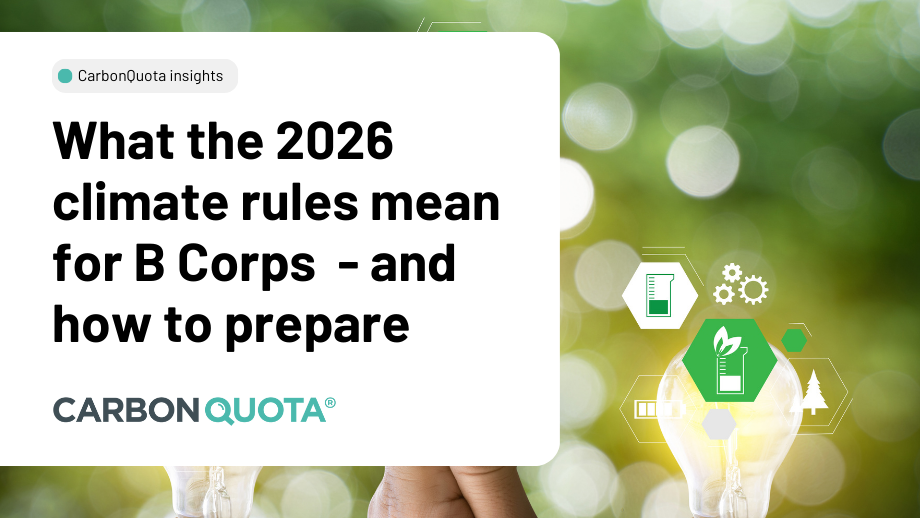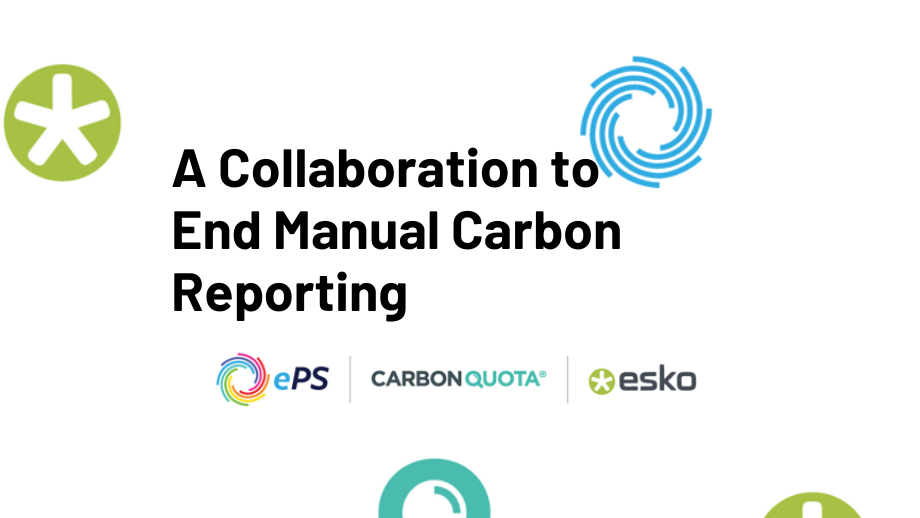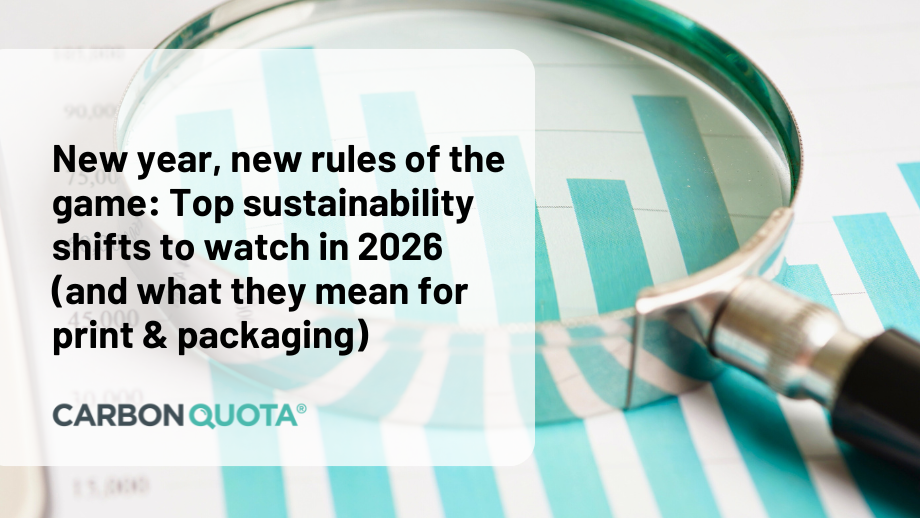Achieving B Corp certification is a fantastic benchmark for any business. But achieving that status is just the beginning and retaining it requires new obligations, more data and evidenced and ongoing improvement.
If you were not already aware, from 2026, all B Corps will face new climate disclosure requirements that raise the bar for environmental accountability. These changes are designed to strengthen the credibility of B Corp certification and align with global efforts to limit warming to 1.5°C. But for many businesses, especially in complex supply chains, meeting these requirements can feel overwhelming.
So, here’s what’s changing – and how CarbonQuota can help.
From 2026, B Corps will be required to:
- Measure and report their full carbon footprint annually, covering Scope 1 (direct), Scope 2 (energy), and Scope 3 (indirect) emissions.
- Set science-based Net-Zero targets, aligned with climate science and global reduction pathways.
- Develop a Climate Transition Plan to demonstrate how the business will reach Net-Zero in a credible, transparent way.
- And for companies with over 250 employees, there’s an added requirement: all data and plans must be third-party verified.
Why it matters
These updates reflect a growing demand from stakeholders, including customers, regulators and investors, for businesses to move beyond ambition and into action.
For print and packaging companies, where emissions often sit deep in the supply chain (Scope 3), compliance requires detailed, accurate data and a proactive reduction strategy.
How CarbonQuota Supports B Corps
CarbonQuota is a trusted carbon management partner for many B Corp businesses – including Webmart, Arc, Belvoir Farms and Fero – to simplify and accelerate their sustainability efforts.
We offer:
- Automated carbon footprints – Seamlessly integrated with your ERP system, replacing spreadsheets with real-time data.
- Product-level insights – Understand emissions across materials, processes, and logistics.
- Scope 3 supply chain surveys – We do the heavy lifting to uncover upstream emissions from suppliers.
- Live dashboards and reporting tools – Track progress and generate stakeholder ready outputs at the click of a button.
- Eco-design tools – Build sustainability into every design and production decision from the start.
From 2026, all B Corps will face new climate disclosure requirements that raise the bar for environmental accountability.
Is your business ready for B Corp in 2026?
If your business is already a B Corp, or planning to become one, now is the time to act. CarbonQuota is here to help to ensure your carbon reporting is accurate, science-based and credible. Get in touch to explore how we can support your business to stay ahead of your B Corp obligatons.



